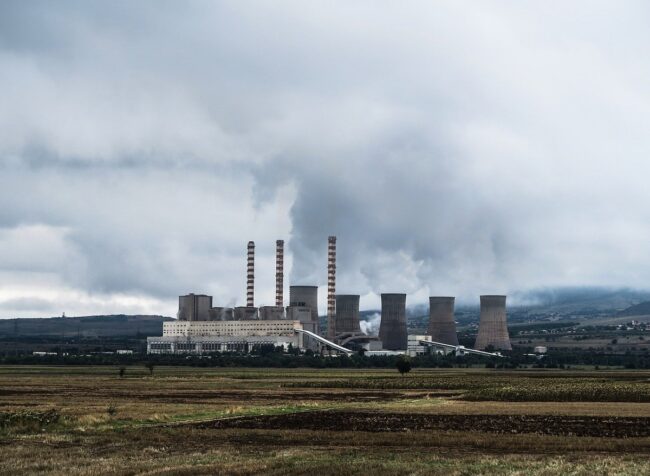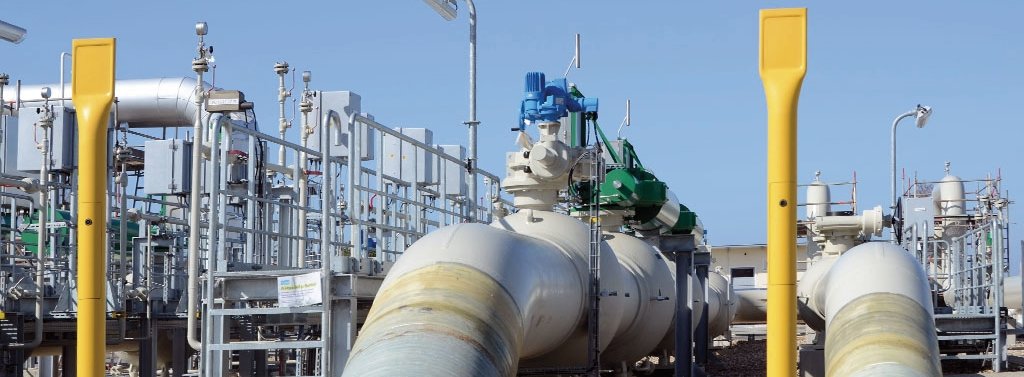The main component of natural gas is methane. It is one of the greenhouse gases and causes global warming. In short, this is one of the consequences of the Nord Stream two pipeline leakage reported this week. The bubbles of methane were noticed in the Baltic Sea where the pipelines pass. And this is a problem, as much as the gas shortage in Europe.
Multiply researches show that limiting methane emissions is one of the most important measures to keep global warming under control. Keeping global warming under control means staying 2 degrees Celsius (or less) above pre-industrial times as agreed in 2015 with the Paris Agreement.
It’s not just CO2
Policymakers are focused on greenhouse gas emissions for decades. They were mainly focused on carbon dioxide (CO2) reduction blaming CO2 as having the worst impact on climate change. Recently the threat of methane is recognized. Only the last year a pledge was signed by 100 countries to cut methane emissions by 30% by 2030.

In a long term, CO2 is worse for the climate due to the fact it stays in the atmosphere for centuries. But, in a short term, methane is worse because it is much more potent even though it stays in the atmosphere for a decade or so.
Solving methane emissions is a matter of urgency, scientists say. The reason is the world is much closer than previously thought to crossing so-called “tipping points” at which climate changes are irreversible.
Climate and Clean Air Coalition data shows that 60% of the world’s methane emissions are caused by human activity. Of that 60%, two-thirds are from livestock farming and fossil fuels. The rest is from decomposing waste and rice cultivation.
Recognized “bridge fuel” has a methane
Natural gas is widely promoted as a bridge fuel to renewables while the world is trying to undertake an energy transition to solve (or at least soften) climate change. The argument behind this proposal is that natural gas emits 50% less carbon per kilowatt than coal. True. But, what about methane when leakage can happen as it happened in the Nord Stream case?
The study published early this year says, in such cases, natural gas is worse than coal for the climate. The European Union labeled some gas project investments as “green”. Climate campaigners could not agree less.
World governments are imposing requirements for the oil and gas industry to detect and repair leaks promptly. But accidents happen. Sabotages happen, too. It’s necessary to weigh the gains and risks of such bridge fuel.

